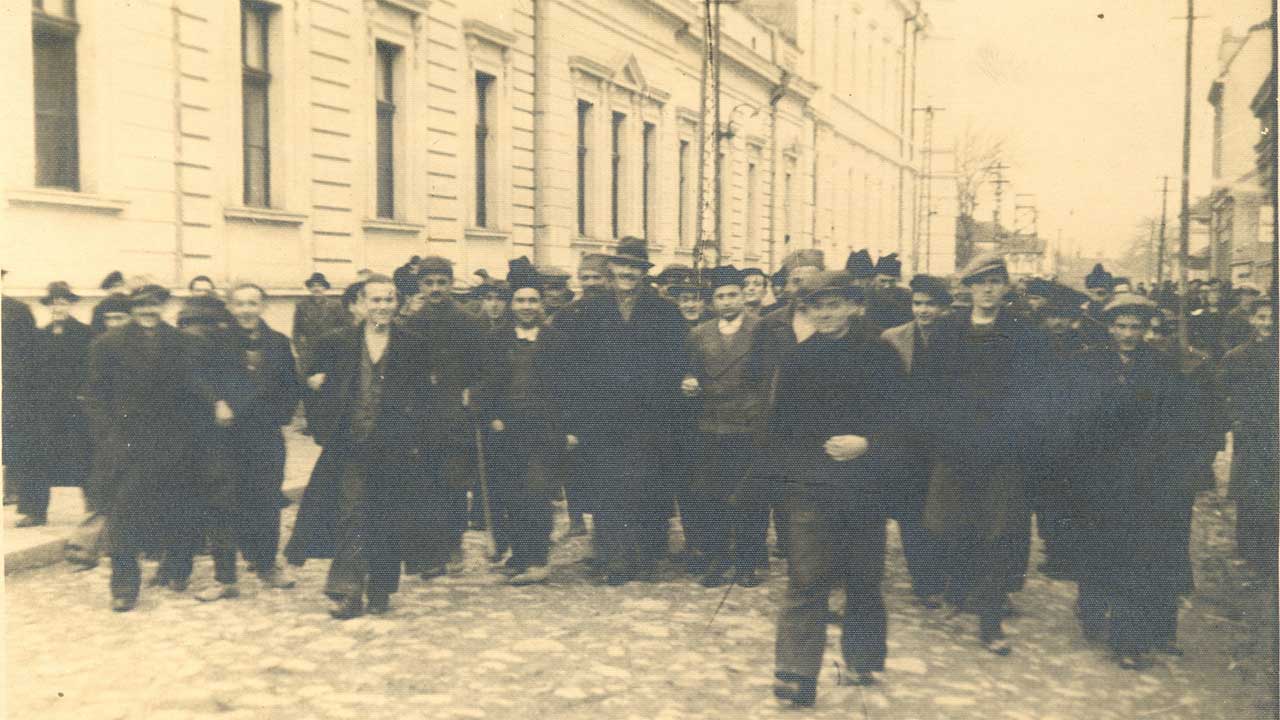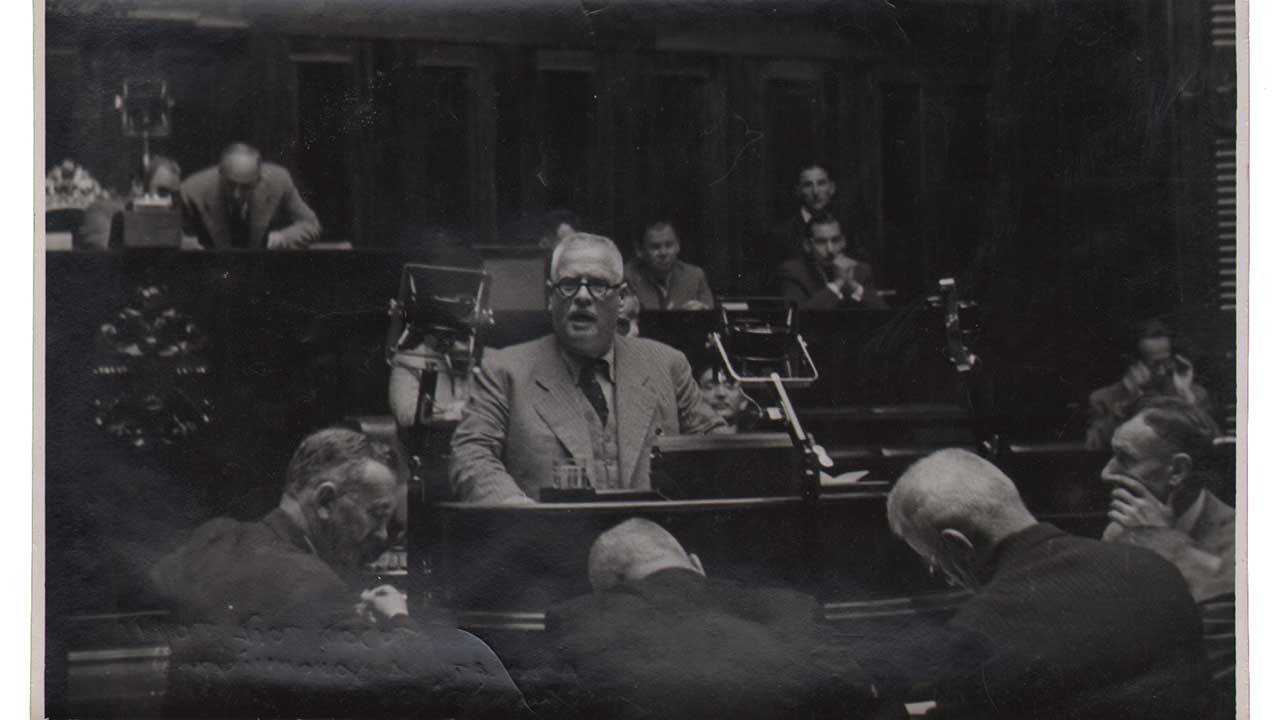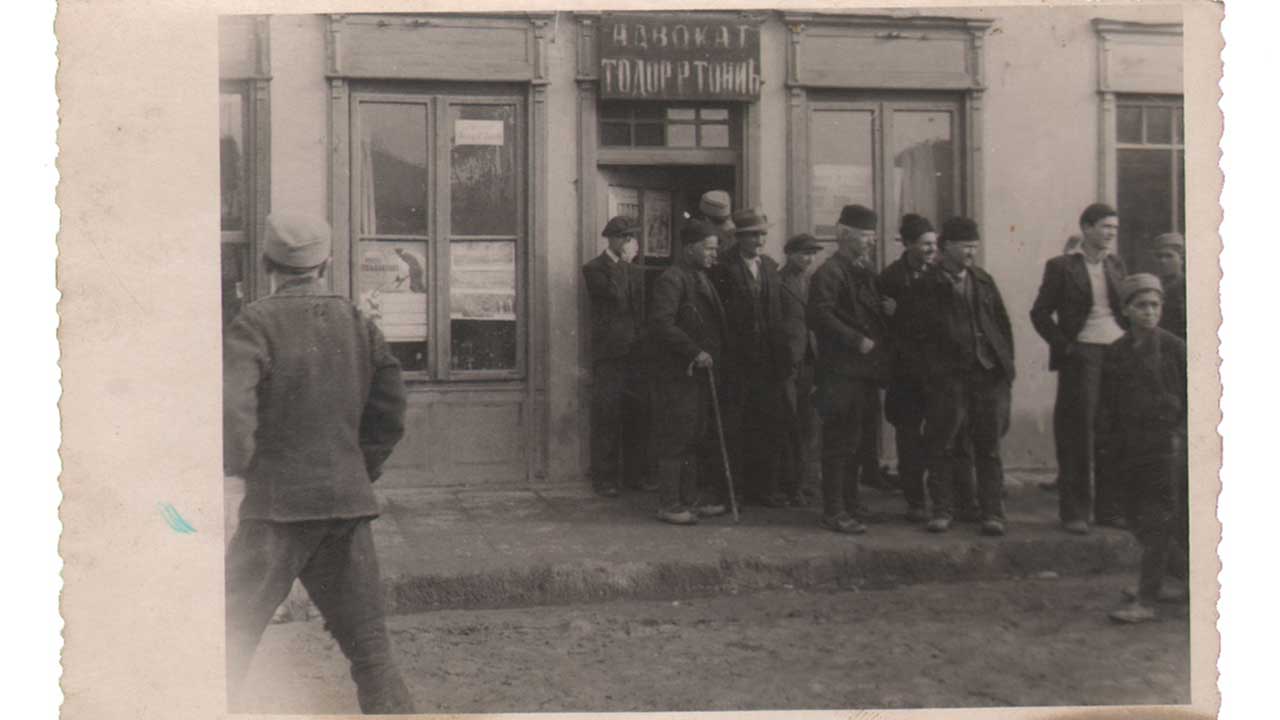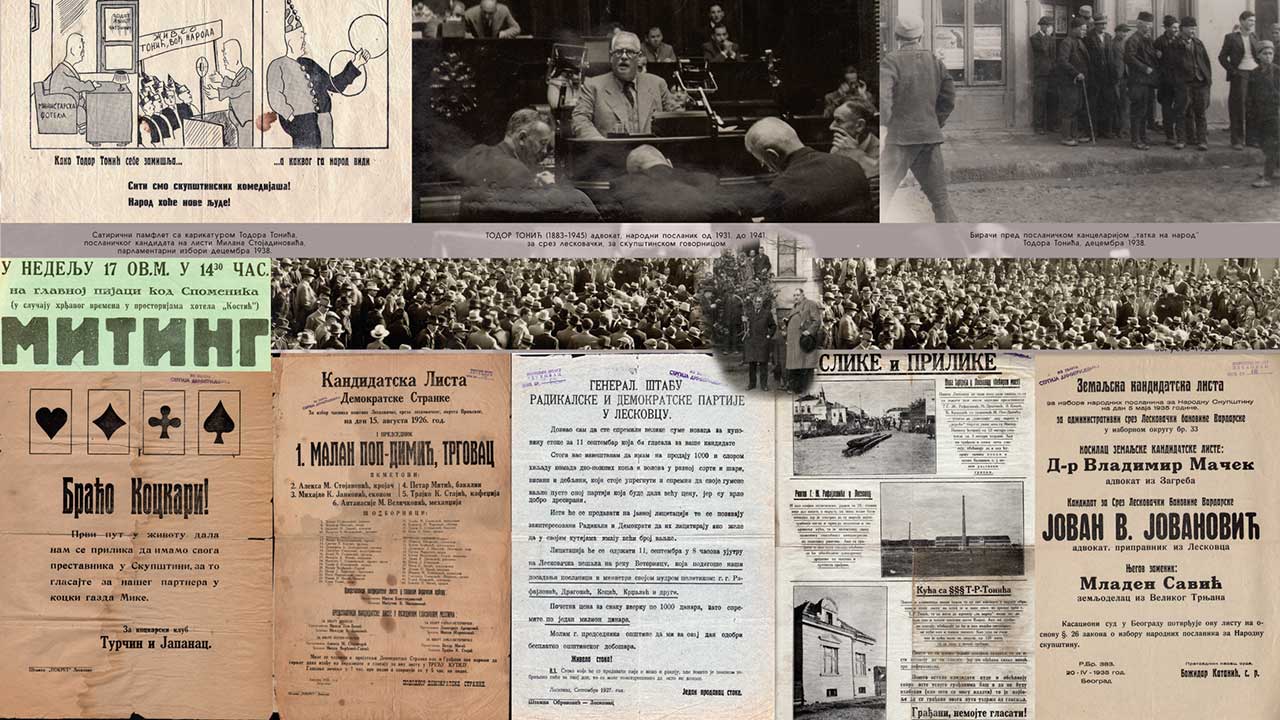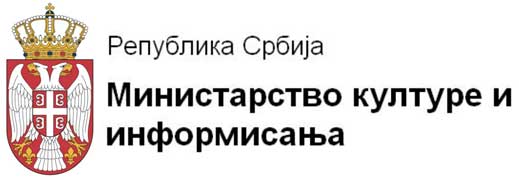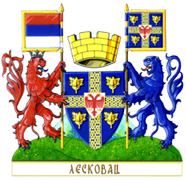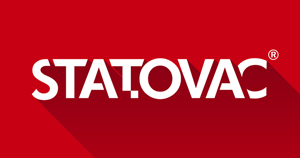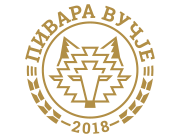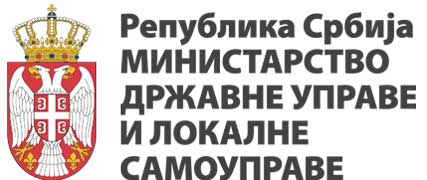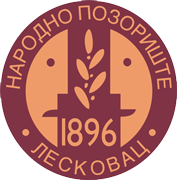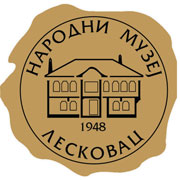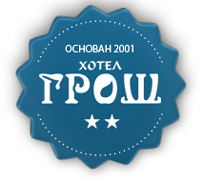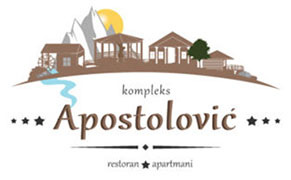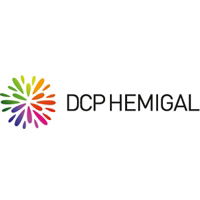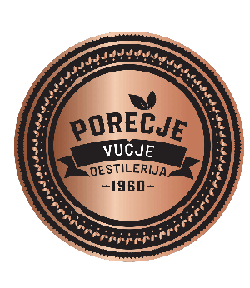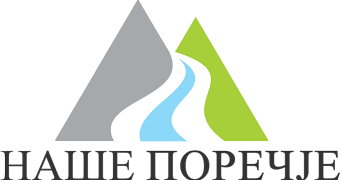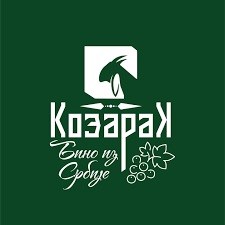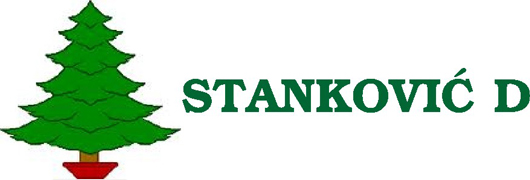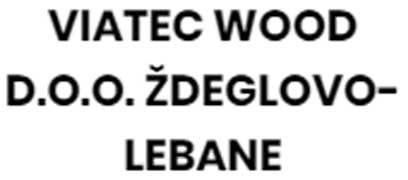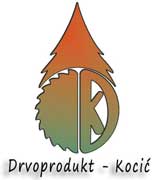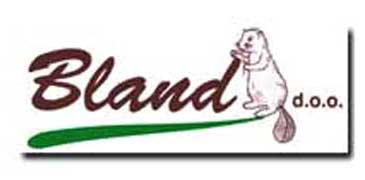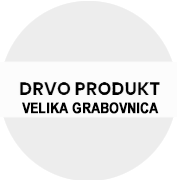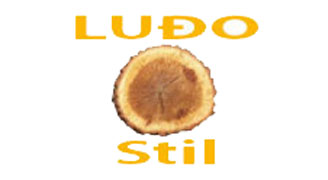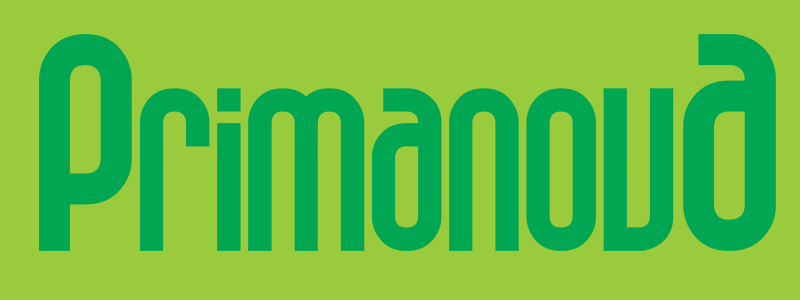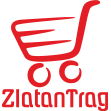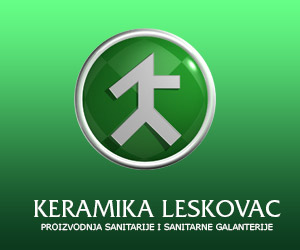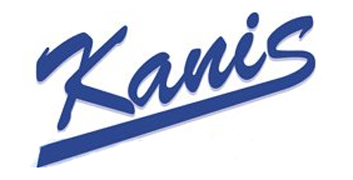Within the newly formed Kingdom of Serbs, Croats and Slovenes (Yugoslavia), Leskovac remained the administrative centre of the Leskovac district (Jablanicki district) which in turn belonged to Vranje’s district (Pcinski district) with 13.721 inhabitants (out of whom 6.839 were male and 6.882 female) in 2.898 homes according to the census of 1921; Leskovac was the twelfth largest city in terms of size within Serbia at that time.
Parliamentary elections were held seven times in the inter-war period: four times in the Kingdom of SCS (Serbs, Croats, Slovenes) in the period of bourgeois parliamentarism (1918–1929) and three times in the Kingdom of Yugoslavia in the period from 1929-1941. Also, municipal elections were held a total of seven times. Parliamentary elections in the Kingdom of SCS and therefore in Leskovac area, were held in 1920, 1923, 1925 and 1927 up until 1929; municipal elections were held in 1920, 1921, 1923 and 1926. During the elections in the first period, in administrative terms, the narrow area of Leskovac consisted of the Leskovac district which included 21 rural municipalities and which over the duration of the elections, represented the electoral district.
Out of the political parties represented on the ballot, the Radical Party and the Democratic Party were the predominant favourites and competed for the leading political role within their district, interchanging roles from election to election. These parties had an advantage over all other parties in that they enjoyed the mass support of the predominant majority of the electorate of Leskovac. The Communist Party of Yugoslavia, following the passing of the Law on the Protection of the State (1921) had a strong influence on the local political life (in 1920, they won the general municipal and parliamentary elections in the Leskovac area) but over time, their activity weakened and declined. The power of the Agricultural and Republican Party was also much weaker.
Parliamentary and municipal elections within the Kingdom of Yugoslavia were held on three separate occasions: parliamentary: 8th of November 1931, 5th of May 1935 and 11th of
December 1938, and municipal: 15th of October 1933, 23rd of December 1934 (extraordinary) and 6th of December 1936. All parliamentary elections held in the city of Leskovac, which at the time belonged to the district of Vardar Banovina, were won convincingly by those candidates listed on the ballots of the various government parties: the first elections were won by the Prime Minister Petar Zivkovic, the second by Prime Minister Bogoljub Jeftic and the third by Prime Minister Milan Stojadinovic. Similarly, at the rural, municipal level, those candidates listed on the ballots of government parties won the elections: the Yugoslav National Party in the 1933 and 1934 elections and the Yugoslavian’s Radical Union in 1936.
The main characteristic of the municipal authority up until 1941 was that they were exclusively politically oriented and that the interests of the citizens were subordinated to the political interests of the parties. In the period from 1920 to 1929, regular municipal elections were held three separate times and the mayoral elections were held once. Although the municipal administration often changed during this period one man, Milan Pop Dimic, left his mark on this particular point in time with his continuous mandate as president which lasted from 1923–1929. It is an interesting fact to point out that during the entirety of the period following the commencement of the dictatorship up until 1941, no elections were held, instead, public officials were appointed by means of issued directives. The most controversial president of the pre-war municipality of Leskovac was Mihajlo Burincic, who at one time presented himself as, “Leskovac’s Mussolini.” He was removed after publicly insulting a councillor and at the behest of the entire delegation comprised of political figures and other individuals who unanimously endorsed his removal, even going so far as to organize a train to Belgrade in order that they might go and submit a complaint against the then municipal president. The president who had the most success in dealing with issues concerning public utilities within the city of Leskovac was Mihajlo Babamilkic.
Control over the municipality of Leskovac was one of the most important political goals of any political party. The struggle for political power in the municipal government elections held in Leskovac from 1920 to 1929, was conducted in an open and public manner and the ultimate authority was won by those who obtained the trust of the voters. In addition to the constant struggle for administrative control of the city, municipal governments tried and partially succeeded in changing the character of the town through modernization. However, none of the municipal governments succeeded in resolving the basic problems attributable to the city's utilities – water and sanitation, control and repaving the streets in Leskovac. Addressing these major communal problems was an issue of particular relevance at the time of electoral campaigning.
In a period of economic crisis, the issue of helping the poor whose presence was increasingly felt in the city, was of particular importance. Therefore, municipal governments paid special attention to helping the poor in Leskovac, who were affected by a, “lack of cash and bread.” Municipal authorities organized the collection of aid for the hungry and infirm, whose growing numbers were the result of an uncontrolled influx of the poor, agrarian population migrating to the city in search of work.
Excerpt from the monograph
“The Golden Era Of Leskovac 1918-1941”
Zvonimir Šimunec
Mira Ninošević
Veroljub Trajković
